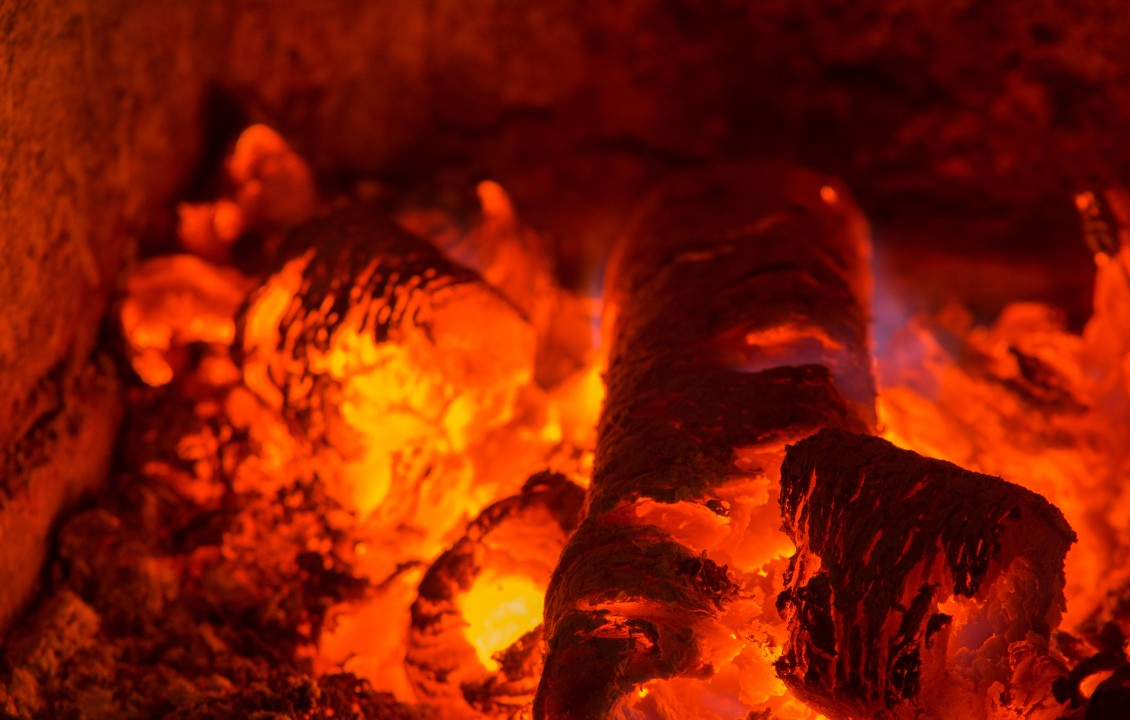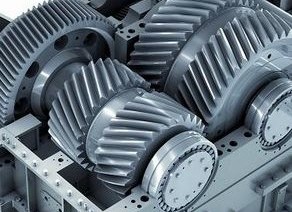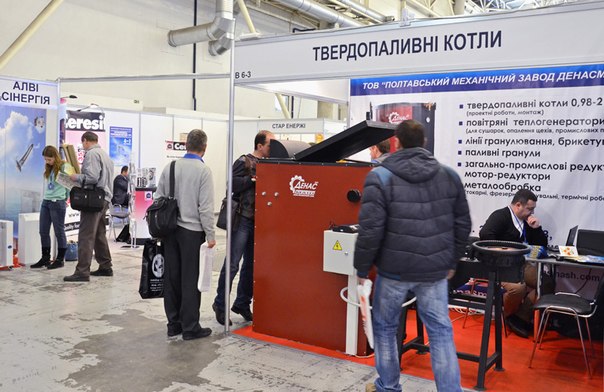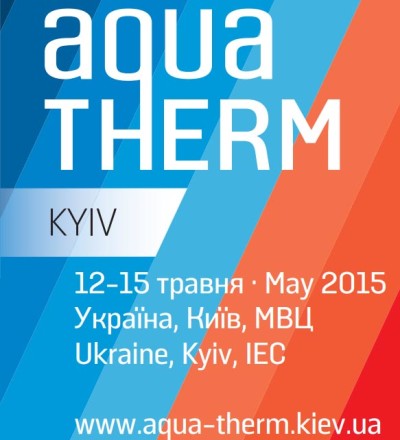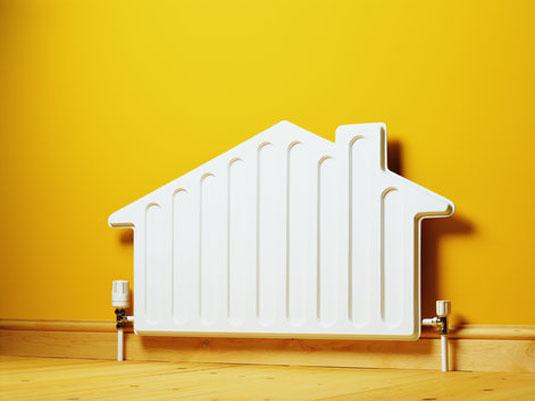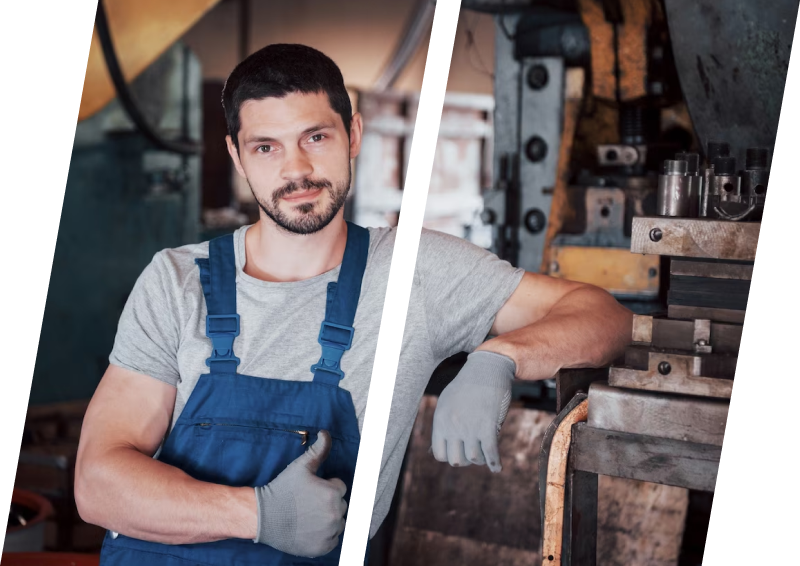What are heating briquettes made of?

What are heating briquettes made of?
Despite the fact that gas and electric heating devices have firmly established themselves in human life, solid biofuel also remains in demand. It continues to be used for heating private and country houses, as well as for lighting baths and fireplaces. Often, solid fuel stoves are irreplaceable in high-rise buildings where natural gas has not yet been installed.
Wooden heating briquettes
Fuel blocks (Euro fuel) have long been used worldwide. After all, it has been proven that the use of wooden beams is irrational, and the consumption of natural elements is uneconomical. Pressed briquettes help solve the difficulty. The production of wood fuel Eurowood uses waste from the woodworking industry, heats it to a certain temperature and presses it under high pressure. For the process, a briquetting press PB-75 or other models is used. Some believe that a special glue is used in production, but this is not the case. During pressing, hot shavings release a natural adhesive substance called lignin. This makes the blocks strong and allows them to keep their shape during transportation and storage. This type of biofuel is absolutely harmless to human health when used. The PB-75 briquetting press allows you to create sawdust briquettes, which have the following advantages:
- The possibility of use for barbecues when preparing food.
- The smallest amount of smoke than when burning wood.
- Compact form for easy storage and transportation.
- Ability to easily plan the amount of fuel needed for the season.
- Combustion releases an order of magnitude less poisonous CO2 when compared to other types of fuel.
In addition, the higher density of Eurowood ensures their long-term burning. Therefore, you can put 4 times less briquettes in the furnace or boiler.
Briquetting press PB-75 for making husk blocks.
In addition to woodworking waste, fuel blocks can also be created from agricultural waste: straw, leaves, peat, etc. The capabilities of the PB-75 briquetting press also allow the production of fuel briquettes from the following raw materials:
- Buckwheat husk (husk) acts as a natural accumulator of natural energy. This is provided by the petals of the shell of buckwheat grains, which protect them and absorb the sun’s heat. At the same time, the energy potential of the shell increases from the semi-crystalline structure of the protein.
- Linen. Flax briquettes have not yet gained wide demand in the solid biofuel market, but in the case of using high-quality raw materials and a serious approach to their processing, the resulting product will be on a par with common sawdust and straw blocks.
- Husk of sunflower seeds. It is popular because during the production of seed oil, a considerable amount of waste is collected, which has the highest heat output.
The ash remaining from briquettes made of husks or husks makes it possible to fertilize the garden beds well. Eurowood is an ecologically harmless fuel that allows you to solve the issue of eliminating waste from the production of sunflower oil. Briquetting press PB-75 due to high temperature and pressure prevents the blocks from falling apart at the exit. At the same time, the presence of lignin in the raw material makes it possible to dispense with the addition of binding substances, thereby saving money.

